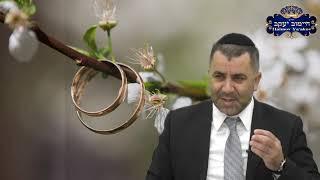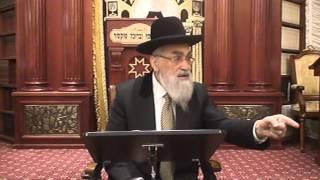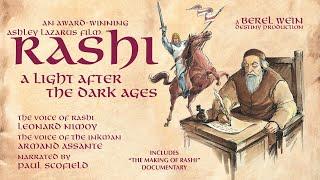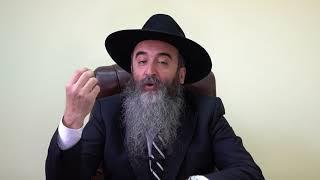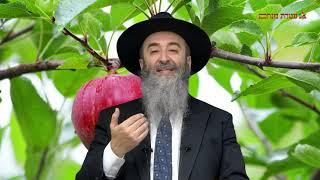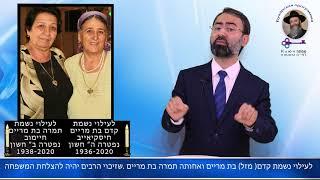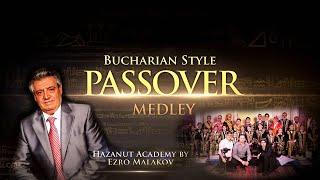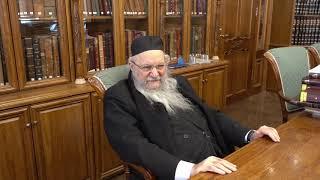Problems playing the video? Click Here to reload
Watch Videos: Random | New | Popular
All Essays | Report Video
|
Share Video
- Buy Us a Coffee -
Rabbi Duvi
On every block in a Jewish neighborhood, there is likely to be that one neighbor who knows everyone’s business, and has a powerful drive to share this information with everyone else on the block. This is the neighbor who knows what everyone’s doing, who knows all the “dirt” about people, and the details about people’s lives that they probably do not want others to hear about. In most yeshivot, too, there’s that one fellow in the coffee room who always knows about who’s about to be expelled, who’s about to get engaged, and other personal information about other students.
These people love to share their information with others, despite the fact that this constitutes gossip and is strictly forbidden.
Such a person is referred to in the halachic literature as a בעל לשון הרע – the habitual speaker of lashon ha’ra, known colloquially as the “yenta.”
The punishment for this conduct, regularly sharing unflattering information about people, is far greater than the punishment for occasionally speaking improperly about somebody. The Hafetz Haim writes that it is about a בעל לשון הרע that the Rambam speaks in making the famous comment that lashon ha’ra is as severe as the three grievous sins of murder, adultery and idol-worship. The Rambam refers here not to somebody who at times fails to exercise control over what he speaks, but rather to the בעל לשון הרע who is constantly sharing personal information about people. Such individuals make no effort to restrain themselves and refine their speech, and their mouths are hefker (“ownerless”), freely spewing negative information about people without any hesitation. They are punished with suffering in this world, and also lose their share in the next world.
The way we ensure to avoid becoming a בעל לשון הרע is through the daily study of שמירת הלשון. Learning שמירת הלשון demonstrates that we are making a conscious effort to speak properly, that we are aware of the grave prohibition of lashon ha’ra and seek to exercise control over our speech. This study is our “badge of honor,” so-to-speak, testifying to the effort we are making to avoid forbidden speech. Even if we might occasionally fail and say something that is prohibited, we have nevertheless ensured not to become a בעל לשון הרע, as we are instead constantly working and striving to improve in the critically important area of שמירת הלשון.
Transcribed by iTorah.com
in english
On every block in a Jewish neighborhood, there is likely to be that one neighbor who knows everyone’s business, and has a powerful drive to share this information with everyone else on the block. This is the neighbor who knows what everyone’s doing, who knows all the “dirt” about people, and the details about people’s lives that they probably do not want others to hear about. In most yeshivot, too, there’s that one fellow in the coffee room who always knows about who’s about to be expelled, who’s about to get engaged, and other personal information about other students.
These people love to share their information with others, despite the fact that this constitutes gossip and is strictly forbidden.
Such a person is referred to in the halachic literature as a בעל לשון הרע – the habitual speaker of lashon ha’ra, known colloquially as the “yenta.”
The punishment for this conduct, regularly sharing unflattering information about people, is far greater than the punishment for occasionally speaking improperly about somebody. The Hafetz Haim writes that it is about a בעל לשון הרע that the Rambam speaks in making the famous comment that lashon ha’ra is as severe as the three grievous sins of murder, adultery and idol-worship. The Rambam refers here not to somebody who at times fails to exercise control over what he speaks, but rather to the בעל לשון הרע who is constantly sharing personal information about people. Such individuals make no effort to restrain themselves and refine their speech, and their mouths are hefker (“ownerless”), freely spewing negative information about people without any hesitation. They are punished with suffering in this world, and also lose their share in the next world.
The way we ensure to avoid becoming a בעל לשון הרע is through the daily study of שמירת הלשון. Learning שמירת הלשון demonstrates that we are making a conscious effort to speak properly, that we are aware of the grave prohibition of lashon ha’ra and seek to exercise control over our speech. This study is our “badge of honor,” so-to-speak, testifying to the effort we are making to avoid forbidden speech. Even if we might occasionally fail and say something that is prohibited, we have nevertheless ensured not to become a בעל לשון הרע, as we are instead constantly working and striving to improve in the critically important area of שמירת הלשון.
Transcribed by iTorah.com
in english
- Category
- Evil Speech - Злословие
- Tags
- shemirat halashon, evil speech
Commenting disabled.







